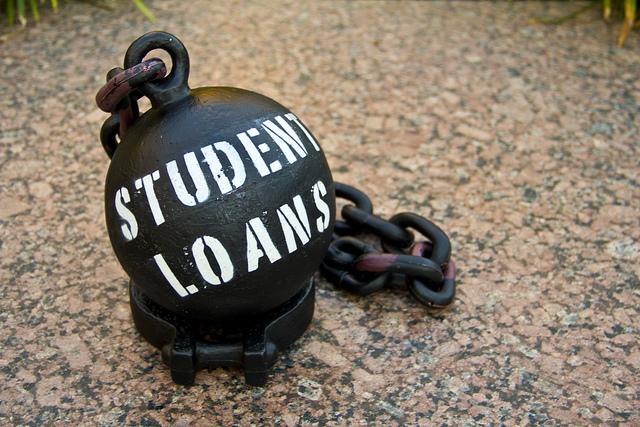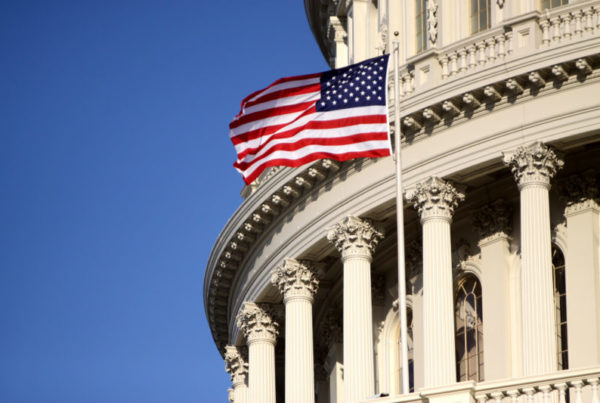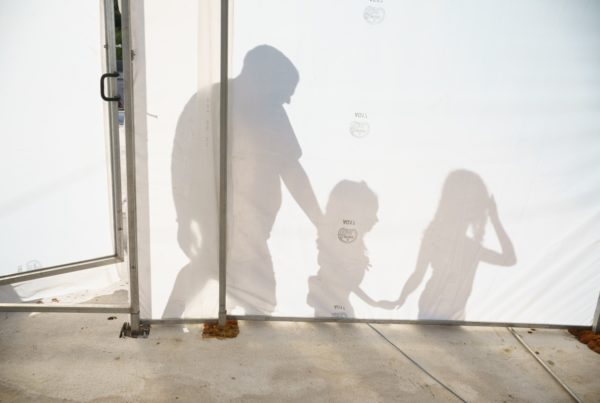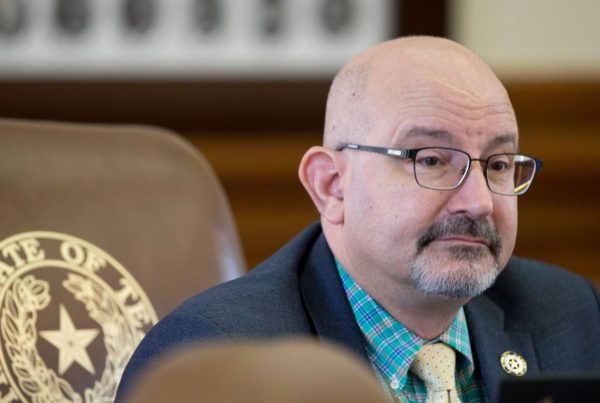With student debt now topping $1.7 Trillion, the heft of American student debt is hard to ignore. But some say universal student-loan forgiveness isn’t the solution. So what are the alternatives?
Sandy Baum is an expert on higher education and finance, and is a nonresident fellow for the Center on Education, Data and Policy at the Urban Institute. She told Texas Standard that there are some borrowers whose loans should be forgiven.
“I think there is little controversy, for example, about students who have been defrauded by their institutions,” she said. “There are also students who did not get a benefit from their education either because they didn’t complete it, or for some other reason. And we have some systems in place to forgive those loans, but there’s a strong feeling that they should be forgiven more quickly.”
But she doesn’t believe all student-loan debt should be forgiven. That’s because most student debt is held by people who have relatively high incomes and primarily went to graduate schools or at least have bachelor’s degrees.
“If we do blanket debt forgiveness,” Baum said, “we are forgiving the debt of everyone, including many people from upper-middle-income families who went to expensive private colleges, [who] went to graduate school. We’re not talking about a program targeted at low-income borrowers.”
What you’ll hear in this segment:
– Why retooling bankruptcy laws is a partial but not long-term solution to student debt
– How the student debt crisis is a symptom of a larger problems within the U.S. economy
– What the federal government could offer incoming students so they aren’t saddled with debt















